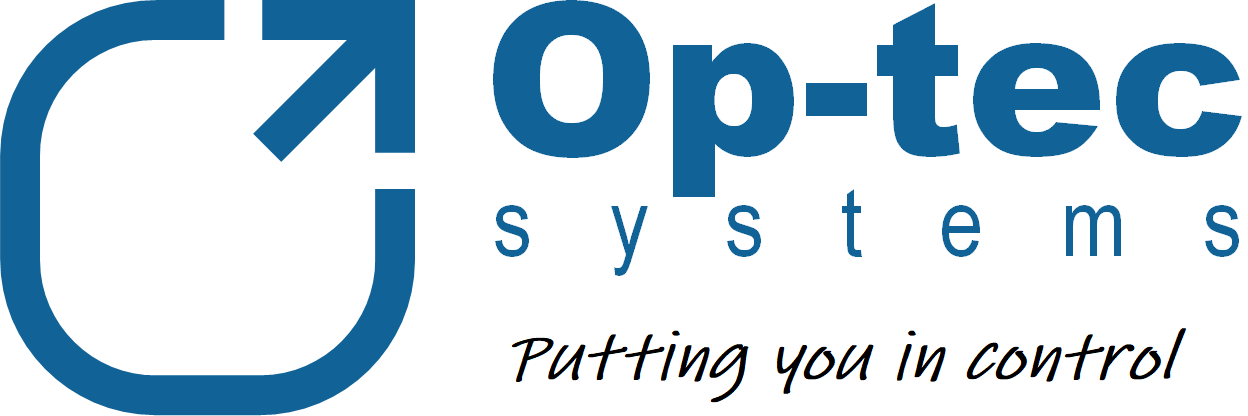An early but crucial stage of project development. The FEED is a comprehensive analysis and planning process which helps define the scope, requirements, and feasibility of a project before detailed design work and implementation.
Key Features
While scopes vary to reflect the proposed project, a FEED study typically provides a thorough examination of the project’s technical, economic, and environmental aspects. This involves conducting engineering assessments, evaluating potential risks and challenges, and developing a preliminary design. The study also considers the project’s financial viability, estimating costs and potential returns on investment.
Benefits
FEED studies allow project stakeholders to make informed decisions based on a solid foundation of information. By conducting a detailed analysis early on, potential issues and bottlenecks can be identified and addressed before significant investments are made. This helps minimise risks and uncertainties, ultimately leading to a more efficient and successful project execution.
FEEDs provide a clear roadmap for a project’s development. They outline objectives, deliverables, and timelines, allowing all parties involved to have a shared understanding of the project’s scope and requirements. This helps streamline subsequent engineering and construction phases, reducing the likelihood of costly delays or rework.
Project owners may require the information provided by a FEED study to secure financing and gain support from stakeholders. By providing a comprehensive overview of the project’s technical and economic feasibility, FEEDs make it easier to obtain the approvals needed to secure capital. They also help build confidence among stakeholders by demonstrating the project has been thoroughly evaluated and planned.
For more information follow the link below to the Services section of our website where you can learn more about the help we can offer on this topic and many others relating to industrial process and manufacturing automation.

